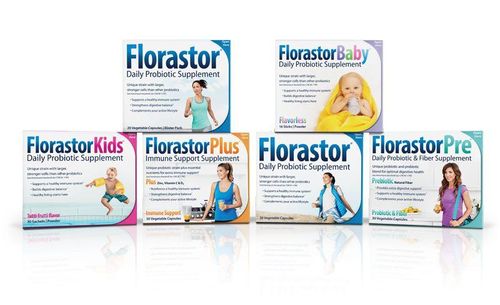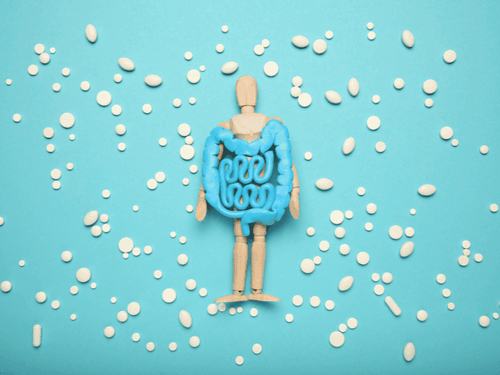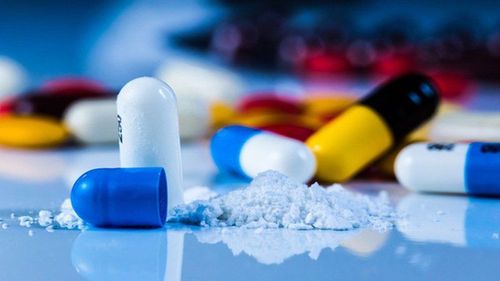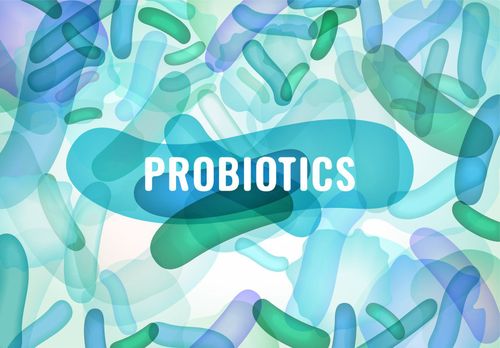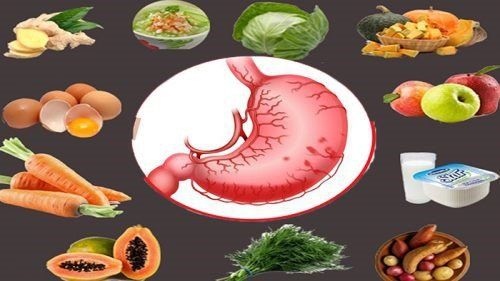This is an automatically translated article.
Probiotics are a promising potential treatment for depression and other mental health conditions. But more research is needed to fully understand how effective they are.
1. How do probiotics reduce depression?
Why can bacteria known to maintain a healthy digestive system reduce depression? This is due to the connection between the digestive system and the brain via the gut-brain axis (GBA). It links the central nervous system, which includes the brain and spinal cord, along with the gastrointestinal tract.
Microorganisms living in the gut, including probiotics, play an important role in stabilizing the gastrointestinal tract and maintaining gut-brain balance by:
Production or transmission of neurotransmitters neurotransmitters linked to appetite, mood and sleep habits Reduce inflammation in the body, reducing the risk of depression Affects your cognitive function and response to stress
2. Research on the effect of probiotics on depression
2.1. Existing research
Many research results show that probiotics reduce depression. The results of a small 2017 study suggest that the probiotic Bifidobacterium longum NCC3001 can improve quality of life and reduce symptoms of depression in people with irritable bowel syndrome.
In a small 2016 study, people with major depression were given a probiotic supplement containing three strains of bacteria for eight weeks. At the end of the study, most of these people were rated as having lower scores on the Beck Depression Checklist, a common method for assessing depressive symptoms.
A 2017 study looking at how probiotics affect symptoms of depression found that taking a daily probiotic supplement can help reduce symptoms of depression and anxiety.
Probiotics work best when used in combination with other treatments, including medication and psychotherapy.

Nghiên cứu cho thấy Probiotics giảm trầm cảm
2.2. Future research
The effects of probiotics on reducing depression will be further studied in the future, especially with regard to microbial strains and their benefits in reducing specific symptoms of depression.
Experts are currently working to find specific probiotics with specific mental health benefits. Probiotics come in many different varieties, so it's important to find out which strains work best for improving mental health.
In addition, studies are also trying to find the right dose of probiotics for digestive problems related to the management of depression, anxiety, and other mental health conditions.
This area of research can be particularly challenging because people often don't experience mental health symptoms in the same ways. Similarly, probiotics may not have the same effect on every person.
Several factors, including genetics, exposure to bacteria and life experiences, can influence the unique composition of gut bacteria. As a result, this can affect both your symptoms of depression and the type of probiotic that works best for you.
3. Taking probiotics to treat depression?
Probiotics used in the treatment of depression and other mental health problems should be prescribed by a doctor. In clinical trials, the bacteria Lactobacillus and Bifidobacterium proved to be the most helpful in improving mental health.
Depression-reducing probiotics can be added as a dietary supplement or supplement, such as:
Yogurt Tempeh Miso Tofu Sauerkraut If taking probiotics as a supplement, stick to it. Dosage instructions. Taking higher doses has not been shown to provide more benefit.
Probiotics cannot replace therapies and medications for depression. You should combine probiotics with other depression treatments to improve your health.
Especially antidepressants, stopping them suddenly can have serious psychological and physical effects. Instead, consult your doctor to come up with an appropriate dose reduction plan.
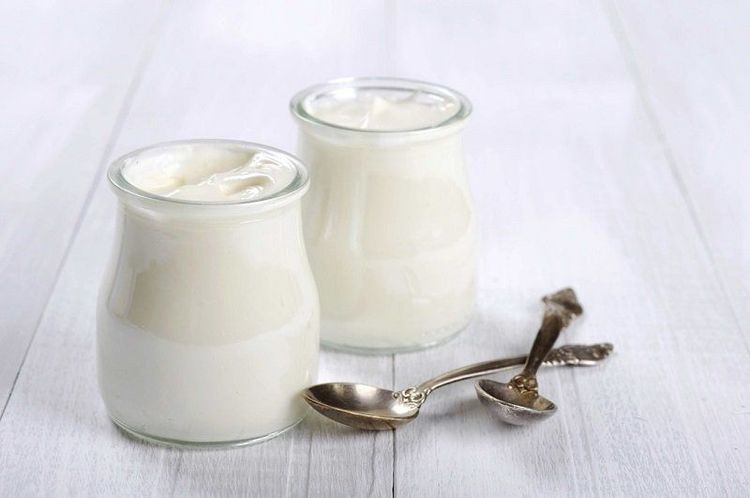
Probiotics giảm trầm cảm có thể được bổ sung dưới dạng thực phẩm
4. Do probiotics cause any side effects?
Probiotics usually do not cause any side effects.
Some people may experience bloating or diarrhea for a few days while initially taking a probiotic supplement.
Stop taking probiotics supplements when the following symptoms appear:
Abdominal pain Bloating that doesn't go away Digestive disorders If you have stomach pain, bloating, persistent bloating or other digestive disorders, you should Stop taking probiotics and talk to your doctor.
Side effects that occur may be because you are taking too much or need to switch to a different probiotic strain.
5. Risks of using probiotics
Probiotics are quite safe, largely because they exist naturally in the body and many foods. However, if you are immunocompromised or have cancer, it is best to avoid probiotics so as not to overload the system. They can also interact with certain medications, including antibiotics and antifungals.
It's best to consult your doctor before starting any new supplement, especially if you:
Pregnant Breastfeeding Have chronic medical conditions When talking to your doctor, list all medications you are taking including over-the-counter medicines, vitamins or other supplements.
Please dial HOTLINE for more information or register for an appointment HERE. Download MyVinmec app to make appointments faster and to manage your bookings easily.
References: healthline.com, webmd.com




